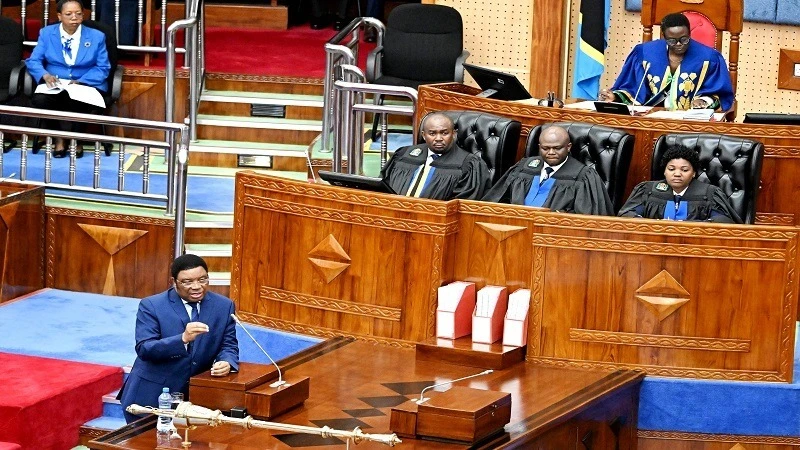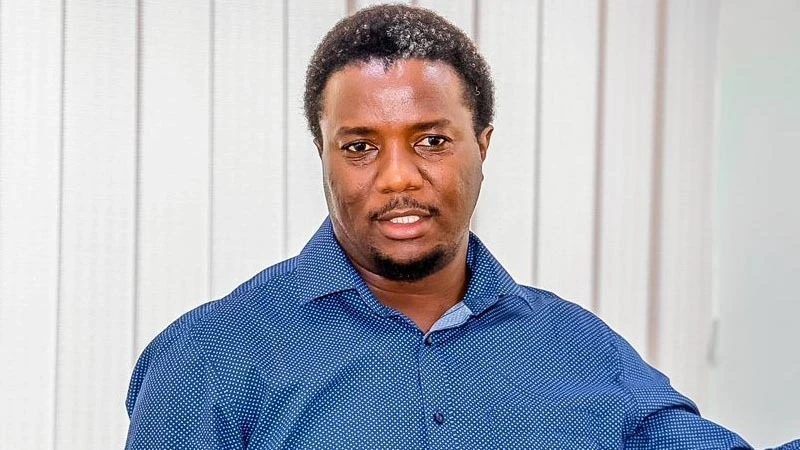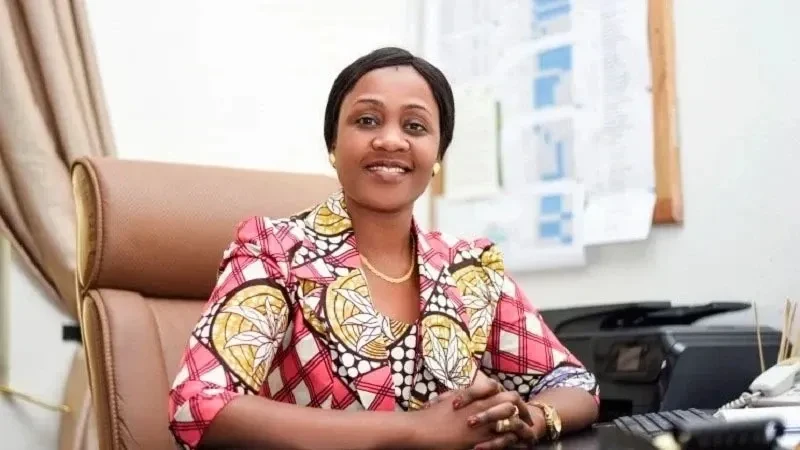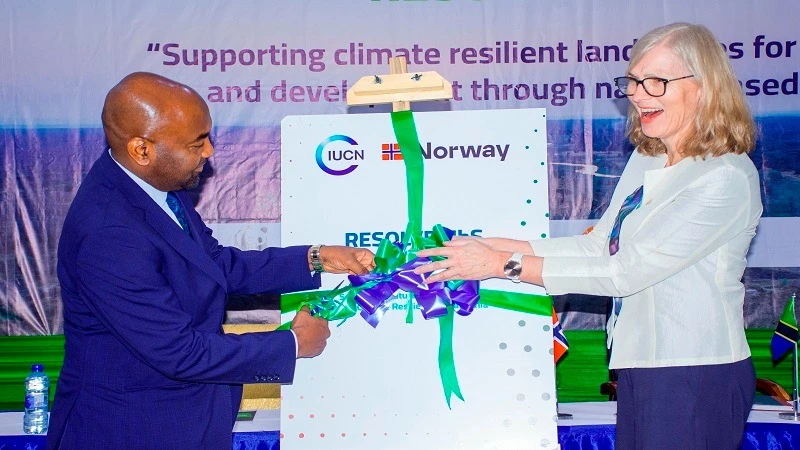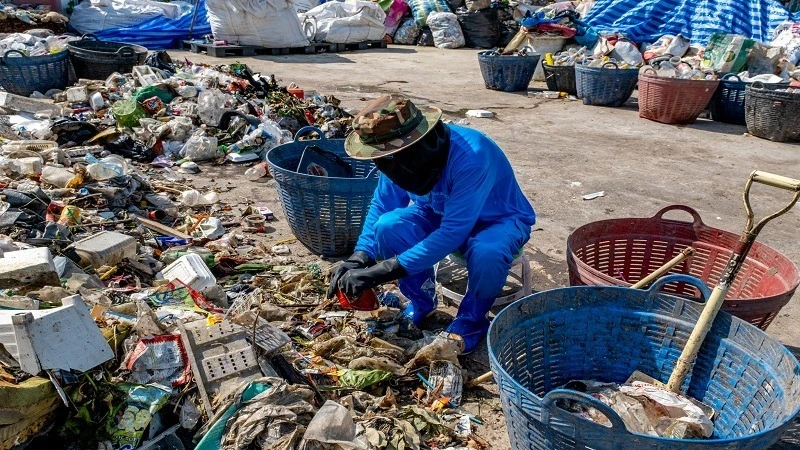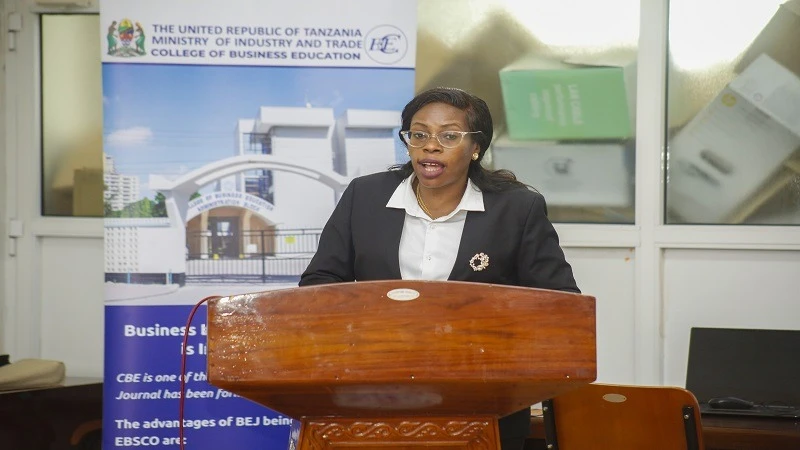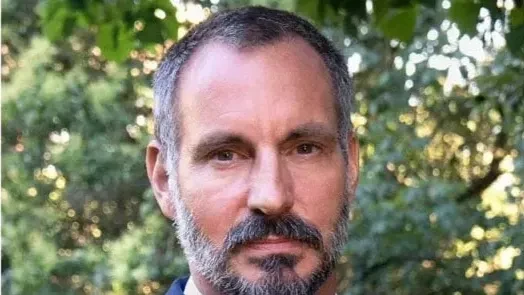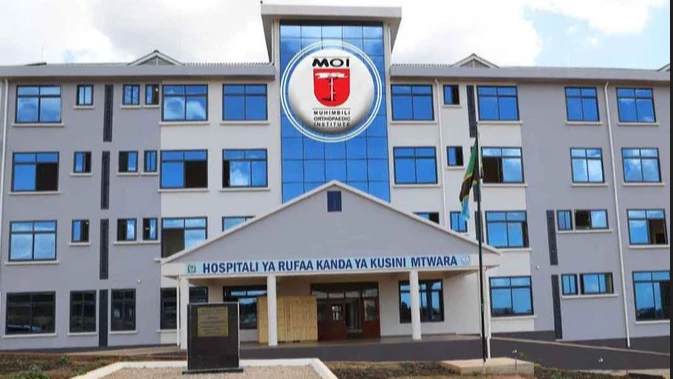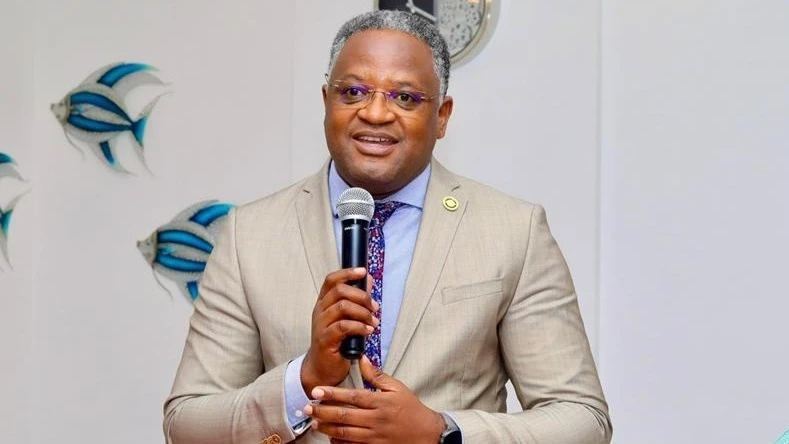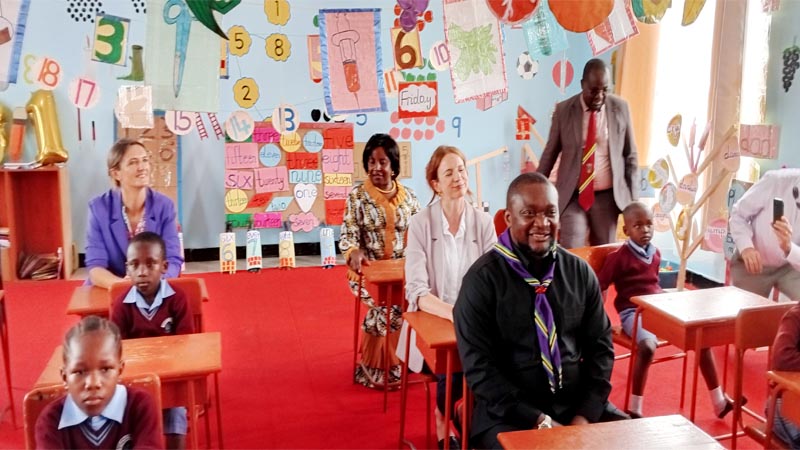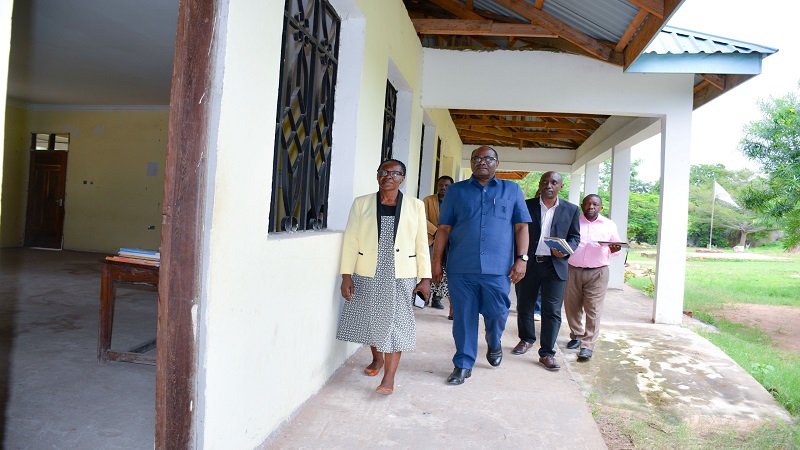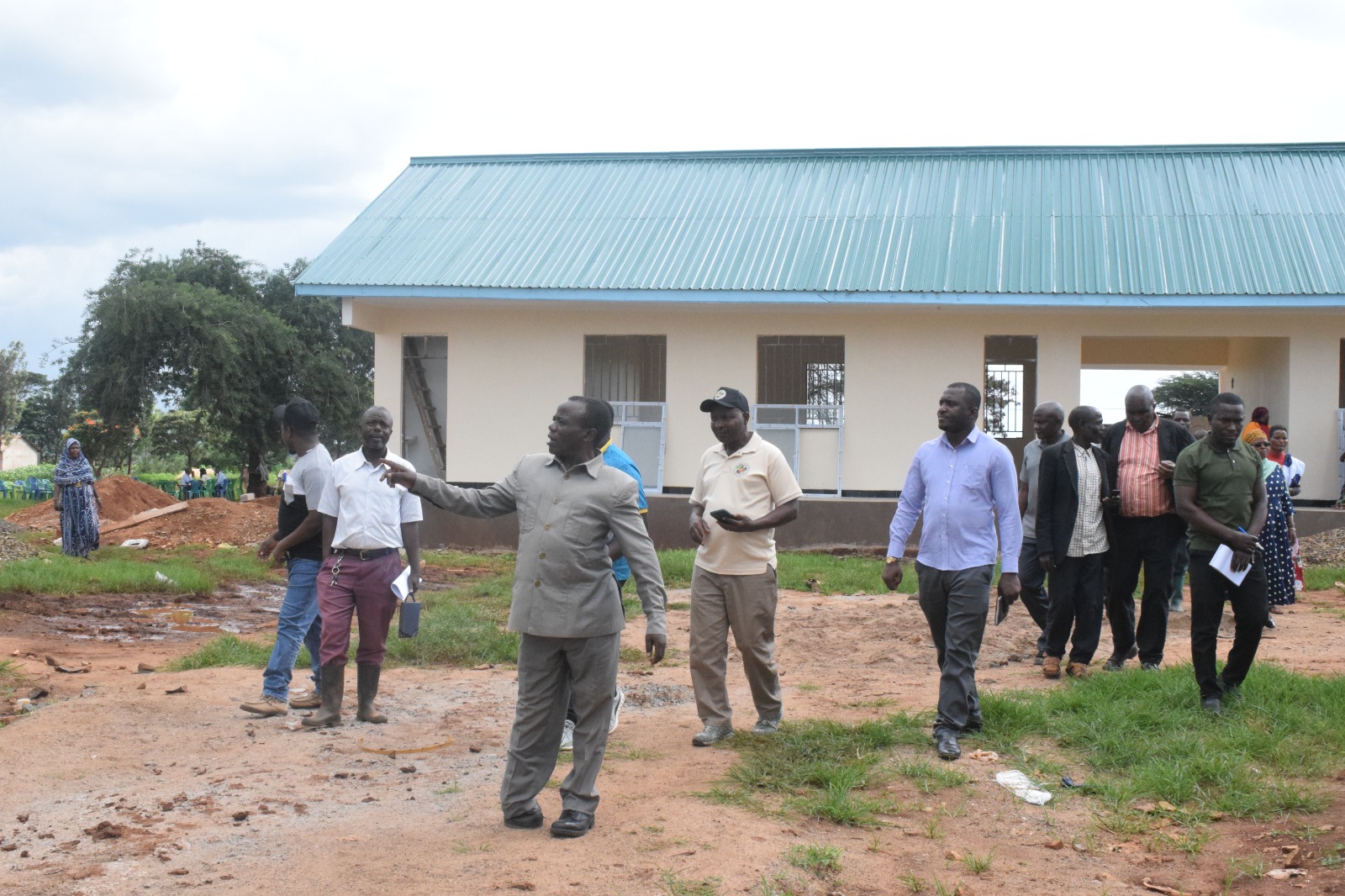Climate education: Young change makers are transforming communities in Mwanza Region
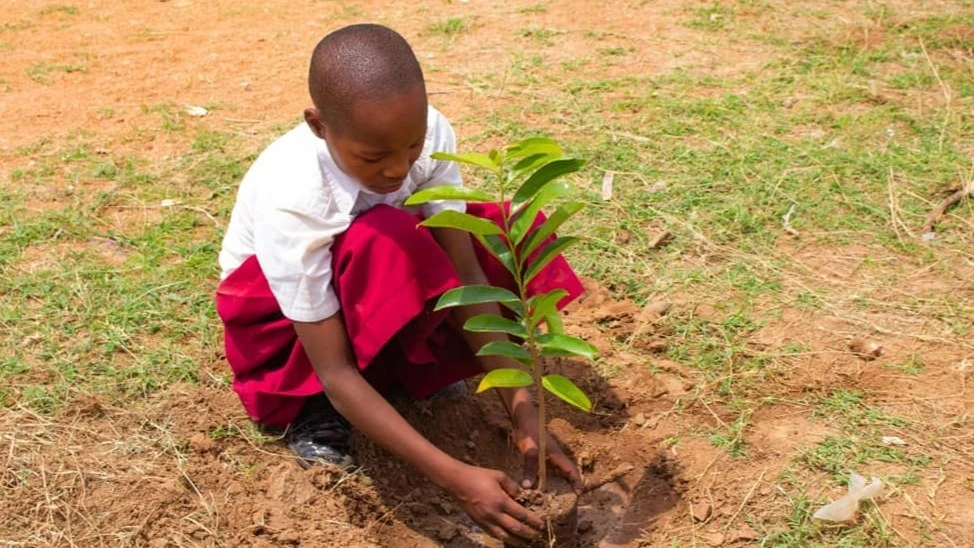
TRAINING children on climate change—its causes, effects, and adaptation measures—empowers them to become agents of change within their schools and communities. By equipping them with knowledge, they can understand and address the impacts of the climate crisis before disaster strikes their regions.
By investing in climate education for children, we are shaping a generation that is informed, proactive, and capable of driving sustainable change. Teaching children about climate change at a young age instils a sense of responsibility and environmental stewardship that can last a lifetime.
Kids influence their peers, families, and communities. When they understand climate issues, they can spread awareness and encourage eco-friendly behaviours at home and school.
Many children already experience the effects of climate change, such as extreme weather events, food insecurity, and water shortages. Educating them on adaptation strategies helps them prepare and respond effectively.
Early education on sustainability teaches children the importance of reducing waste, conserving energy, and making eco-conscious choices in their daily lives.
Climate change disproportionately affects vulnerable communities. Educating children helps build a generation that prioritizes social and environmental justice.
Climate education aligns with international efforts such as the United Nations Sustainable Development Goals (SDGs), particularly Goal 13 (Climate Action) and Goal 4 (Quality Education).
Extreme weather events such as floods and high winds frequently destroy homes, bridges, and roads, making it difficult for children to attend school.
Many families struggle to find food as parents are forced to migrate in search of resources, particularly fish, which have become increasingly scarce due to climate change.
Currently, children in Lwanhima, Luchelele, Kishiri, Shibula, Sangabuye, and Bugongwa wards in Nyamagana and Ilemela districts, Mwanza Region, are experiencing the harsh realities of climate change.
Water shortages prevent many from attending school, while others, left to fend for themselves, join delinquent groups or become street children.
To tackle these challenges, the Mwanza Youth and Children Network (MYCN) has launched an initiative to educate junior council members who are school children on climate change.
The programme covers essential topics such as the importance of tree planting, environmental conservation and the direct effects of climate change on children. The goal is to enable these young leaders to raise awareness among their peers, families, and communities.
“We want children to become role models in environmental cleanliness, waste segregation, and tree planting to combat climate change”, MYCN Project Officer, Nuru Masanja told The Guardian.
Masanja said so far, 40 junior council members and 25 young reporters have received training on climate change adaptation. The young change makers use the acquired environmental knowledge to educate fellow students and local communities through school assemblies, children’s council meetings, environmental club activities, and radio broadcasts.
She added: “The trained young children have so far hosted three radio shows on Radio Free Africa (RFA)’s Watoto Bomba programme, whereas they discussed climate change causes, its effects on children, and adaptation measures”.
Their efforts have significantly expanded the reach of climate education, with their messages reaching over 2.4 million people across Tanzania, East, Central, and Southern African region through the radio’s social media platforms.
The impact of the initiative is already visible as junior council members have conducted awareness sessions in seven schools, educating 1,312 people, including 1,235 students, 11 teachers, and 66 family members. They have also planted 524 trees at schools and in their communities, contributing to environmental restoration efforts.
In addition to tree planting, one junior council member has established a vegetable and flower garden at Lukobe secondary school to further demonstrating how young people can take the lead in climate action.
The Project Officer noted that in Ilemela District, junior council members have educated 1,976 school pupils and 27 community members on environmental conservation and tree planting. Similarly, in Nyamagana District, on November 15, 2024, 16 council members from Lwanhima secondary school successfully conducted an awareness campaign, reaching 378 students and 34 community members.
Brightness Bonifasi, a Standard Six pupil at Nyakurunduma Primary School in Nyamagana District, is one of the 65 junior council members and young reporters trained by MYCN.
“With the acquired knowledge, I now understand the challenges my peers face due to climate change. It has also empowered me to take preventive measures and encourage my community to plant trees," she explained.
Through school assemblies and radio programs, Brightness has educated her peers on climate change and its effects on children. She has also planted five trees at Nyakurunduma Primary School.
"I’m proud of what I’ve learned. I now understand climate change and its impact on children. Thanks to MYCN, I have the confidence to teach my peers and my community about it. This training has enabled us to educate others, raise awareness, and take action by planting fruit and shade trees to mitigate the effects of climate change," she added.
Before MYCN’s intervention, most of the children in Mwanza Region were unaware of climate change’s impact on their lives. Many lacked the confidence to speak out and educate their peers, teachers, and communities.
With MYCN’s efforts, they are becoming informed advocates for a more sustainable future. The MYCN initiative is a proof that empowering children with climate knowledge can create a ripple effect, transforming communities and fostering a generation committed to environmental conservation.
Top Headlines
© 2025 IPPMEDIA.COM. ALL RIGHTS RESERVED











